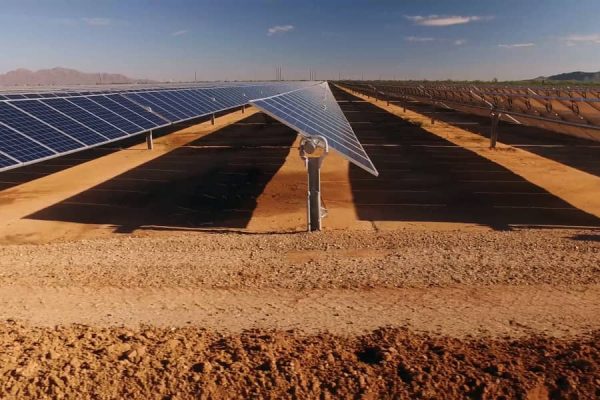Eritrea experiences inadequate, unreliable, expensive and polluting electricity supply. The available capacity is 35 MW for a peak demand of about 70 MW.
Consequently, frequent load-shedding periods affect businesses and the population.
To help curb the situation, the African Development Bank has approved US$49.92 million to construct a 30-megawatt photovoltaic solar power plant in Dekemhare.
This is expected to contribute to increasing generation capacity and grid energy to 185 MW and 365 gigawatt-hours/year, respectively. Part of the grant will also be allocated to technical assistance and capacity building to improve the operational performance of the grid and ensure the sustainability of the results achieved and the overall development of the Eritrean power sector.
The project aligns with the objectives of the 2018 National Energy Policy, which underscores Eritrea’s Vision 2030 and aims to increase the electrification rate across the country and supply 20% of electric power demand through renewable energy sources by 2030, guide the transition from over-reliance on fossil fuels for power generation to renewable energy such as solar, wind and geothermal, and develop energy infrastructure to support agricultural production, food security and value chain development.
The project is also in alignment with the Bank’s Desert to Power project that will provide renewable energy via solar for 250 million people across eleven countries in the Sahel and East Africa. When completed it will become the largest solar zone in the world.
The project will be instrumental in reducing the power deficit, reducing greenhouse gas emissions by 42,910 Gg CO2-eq per year and reducing the cost of electricity generation to 18.5 US cents per kilowatt hour, reducing dependence on fossil fuels and, in the short to medium term, increasing the grid’s power generation capacity.
It will also increase the share of renewable energy in the grid’s energy mix from 3% to 23%, creating temporary jobs during project implementation and long-term jobs after project completion.
The project consists of the power generation phase, which includes the design, construction, supply and installation of a 30 MW grid-connected solar photovoltaic power plant with a 15 MW/30 MWh battery energy storage system, a 33/66 kV substation and a 66 kV transmission line connected to the existing transmission line between East Asmara and Dekemhare, located about 1 km from the project site.
The second component of the project is technical assistance and capacity building. This component aims to support technical studies for large-scale renewable energy projects to respond to electricity demand within Eritrea Electricity Corporation (EEC) network’s interconnected system, minimize the electricity generation from thermal plants and conduct critical studies of the energy sector, including emission reduction potential of the identified renewable energy projects and their eligibility for co-financing by international climate funds.
The technical assistance includes capacity building for the electricity company and the Ministry of Environment, particularly in photovoltaic technologies and battery energy storage systems, dispatch management and commissioning of electrical equipment.
This component also includes capacity building in network planning and design, performance improvement, and financial, legal, operational and environmental aspects. Technical assistance also aims to support the Renewable Energy Centre.
Also Read
Gabon’s gas agenda amplified with recent independent-led power projects
Abu Rawash wastewater treatment plant, a model of sustainable development

